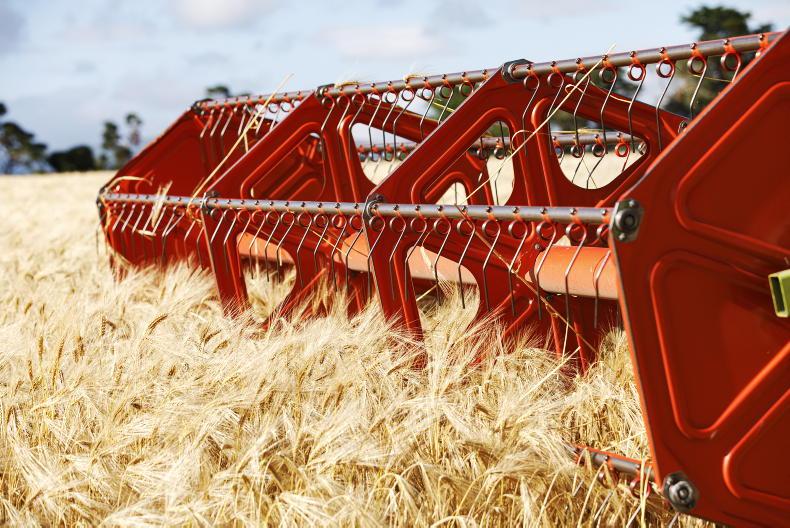Looking at the world around us, you would have to wonder if we in Europe and Ireland are dancing on the head of a pin in relation to public attitudes to climate change and carbon emissions.
The passing of the Irish legislation is forcing us to reduce carbon emissions by between 22-30% between now and 2030 really struck me on two separate occasions this week.
The first was on a visit to the Teagasc centre in Moorepark where we saw really impressive work on the place of multispecies swards, and especially the work on white clover in reducing the use of straight nitrogen fertiliser while increasing the efficiency of how the chemical nitrogen is used, and also at the same time increasing the amount of milk solids produced.
With the current dramatic increases in the cost of nitrogen fertiliser, the timing for this kind of work could hardly be better. The work also ties in with measuring the methane output from dairy cows, as well measuring the real capacity of some feed supplements to help in meeting national greenhouse gas reduction targets.
The second outing was much more directly corporately focused. Diageo, the producers of Guinness stout and numerous beers, is keen to show that the producers of the barley used in their products have policies in place to enhance their green credentials.
While the tillage sector is already a comparatively low carbon emitter, there is scope for reducing nitrate leeching and capturing carbon by practices such as the use of cover crops.
According to the consultants hired by Diageo, the main generator of carbon emissions in the tillage sector is the harvesting and transport of grain, but farmers have real scope to have on-farm practices that capture carbon – and not just in hedges.
I was interested to hear one of the consultants acknowledge that some craft brewers in Belgium were paying a premium of €30/t to €40/t of barley to farmers adopting recommended practices.
One has to wonder whether in Europe we are achieving anything on climate change except setting an example for others to follow and achieving “supply chain resilience” for corporate marketing purposes.
It seems that we in Europe may well have lost our sense of perspective in the face of rapidly escalating prices for basic foodstuffs and an appalling war in Ukraine. I note that Blackrock, the world’s largest wealth manager, has made the same comments.






 This is a subscriber-only article
This is a subscriber-only article










SHARING OPTIONS: